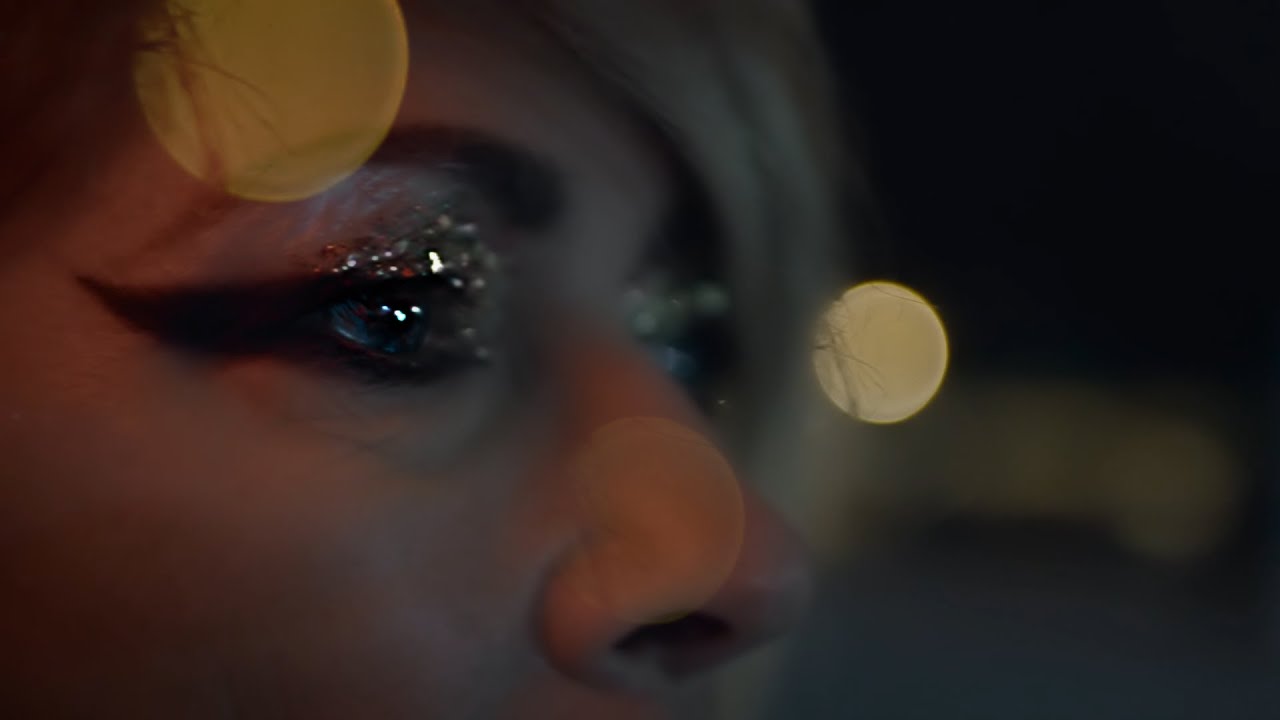Kim Gordon was always a curious blend of telling it like it is and keeping it elusive. She used the former as a grounding rod of dispassionately observational revelations – keeping it real – while the latter came from the ambiguous spirit of an artistic perception that thrived on radical fluidity and a sense of conceptual suspense.
Crafting a persona simultaneously iconic and iconoclastic, Gordon always acted subversively but within pop culture, shoving her glorious noise down the throat of the mainstream and elegantly navigating the ironic edges of a contradictory world. Her prolific multi-disciplinary artistic practice has developed into a quiet renaissance since the end of her detour into Sonic Youth, a magnificent digression that ultimately defined her. But a seasoned artist doing a first-ever solo album, synthesising a few decades of long-standing creative processes, stirs immense curiosity. Hashtag old beginnings.
Avant-gardists are often at their most revealing on a solo endeavour. Staunchly betraying expectations, Gordon guards the gate of the ever-becoming, an ouroboros in an eternal cycle of renewal.
The echo of Gordon’s initial idea about making a weird jazz record – while admittedly “not knowing how to go about it” – lingers in the subliminally oblique ways No Home Record’s atmospheric undercurrent is reminiscent of David Bowie’s Blackstar or Scott Walker’s Bish Bosch. But for the most part, it just prefers driving around the hood and hanging in the garage. Some inspirational cues were 90s hip-hop, the footwork of RP Boo, the punky attitude of female rappers (hip hop having always been a fascination of hers, never fully realised in SY), The Stooges, and her own gateway to musical expression, no wave bands. But a list of names and genre tags cannot exhaust No Home Record’s multifaceted sonic palette. Not nearly.
The album dazzles with the thrilling cocktail of styles Gordon’s been through, as if changing channels on the coolest radio on earth. But she never makes herself fully at home in any of them. As always, the title’s prefix – an emphatic ‘no’ – suggests a certain blackening, erasing of the past, of history, convention, repetition, and nostalgic recycling. Hashtag obliterate nostalgia.
Marc Augé, the French anthropologist, introduced the notion of ‘non-places’, anthropological spaces of transience (shopping malls, airports, waiting rooms, hospitals, highways). A consequence of the super-modern condition of overabundant space, where a dissolution of the densities that constitute anthropological place happens, along with the abstraction, thinning – if not erasure – of identity and the idea of a culture localized in time and space. No Home Record functions almost as a non-site-specific musical installation, translating the experience of the empty spirit of a non-place spreading like the sprawl into the territory of people’s lives, erasing, uprooting, purging them of history. It is both liberating and isolating.
The quintessential image of the album is Gordon driving through her newly reclaimed (no-)home: pedestrian-unfriendly Los Angeles. As noted in an interview with Jenn Pelly for The Guardian, she is “listening to an audio version of Joan Didion’s 1970 novel Play it As it Lays – the tale of an anguishing woman traversing LA’s freeways alone.” The experience turned into a haunted car ride, a synopsis of the ‘Sketch Artist’ video.
Gordon never shied away from exposing both her strengths and vulnerabilities. No Home Record’s uncanny composition lays out its vulnerable core. Hard-hitting ‘Murdered Out’ is followed by the loose, heavily dubbed out glitch of ‘Don’t Play It’, sounding like Mouse On Mars getting high on echo with Gordon’s non-rap on top. Her assertively eviscerated, “strangled” voice, as Lydia Lunch once described it, here painfully forced out, becomes a metaphor for “channelling women strangled by their emotions and by not being able to express them.”
As Gordon remarked post-divorce “rap music is really good when you’re traumatised“ and it works as a kind of exorcism. But Gordon’s signature (out of) breathy delivery is most effective when tempered, deliberately tasting out the shape of the words, sculpting them in cool air and anchoring them with space in between. That pregnant space is most effectively conceptualised on the first half of ‘Cookie Butter’, an abstracted rap atop a stripped minimal beat loop, growing into immense transcendent noise in the spellbinding guitar style of her Body/Head collaborator Bill Nace. Together, it evokes the insistent hypnotic droning of My Bloody Valentine’s Glider, with more ominous skronk and growl.
There are astonishingly subtle moments when the monstrous machinery of beats and abstract industrial noise quietly snakes around her hushed narration as if suspending attention to hear her better. Album closer ‘Get Yr Life Back’, one of the understated heroes of the record, bears an uncanny simultaneous layering of both personal and political meanings. “The end of capitalism. Winners and losers … I feel bad for you, I feel bad for me,” she murmurs.
Under the thunderstorm of ‘Hungry Baby’’s super-galvanising Stooges groove and a wickedly playful bass, Gordon’s urgent raspy vocals overstretch to tell a story with a dark thematic undercurrent of sexual harassment. Conflictingly, this is intuitively juxtaposed with jarringly innocent imagery, as if finding sly poetic victory in infantilising the oppressor.
The tastefully chopped no-wave guitar of ‘Air BnB’, straight out of Arto Lindsay’s DNA days, breaks on the chorus into a classic SY anthem. Its theme is the American idea of purchasing utopia through trying out lifestyles, people escaping themselves, going on a mini retreat from their lives. Hashtag superhosted supermodernity.
On No Home Record, Gordon sketches the great supermodern landscape of LA, in stark strokes of infectious, visceral weirdness. Like David Lynch, she exposes the ominous, hilarious, faux-profound undercurrents of American life, capturing “the madness of the times and the strangeness and the sadness” (to quote her colleague, guitarist Steve Gunn). Gordon’s bet is that the people are ready for weirdness, that the world can embrace its complexities. And the only way is forward.



